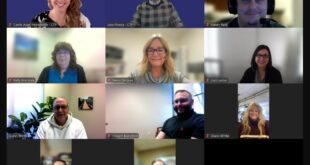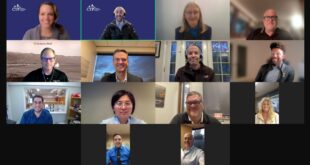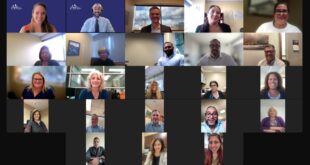Within the condition of “autism” there lies a wide spectrum of abilities, from low IQ, non-verbal and requiring lifelong care to high IQ, good verbal facility and ability to live independently. For the higher functioning people with autism, some of the same traits that distinguish them as being autistic also allow them excel at certain types of work that non-autistic people find difficult.
One example is put forth in a New York Times article:
Whenever cellphone makers introduce a new product, there are countless opportunities for glitches. The only way [the company] can be sure of catching them is to load the software onto a phone and punch the phone keys over and over again, following a lengthy script of at least 200 instructions. The work is tedious, the information age equivalent of the assembly line, but also important and beyond the capacity of most people to perform well.
Therein lies the autistic advantage. Their intense focus and careful execution makes them ideal to carry out certain tasks. “Many companies struggle to find workers who can perform specific, often tedious tasks, like data entry or software testing; some autistic people would be exceptionally good at those tasks,” says Thorkil Sonne, founder of Specialisterne (that’s Danish for “the specialists”). Sonne was in a good position to observe this because not only did he work for one of those tech firms that was always looking for people with those qualities, but he also has a son with autism who has those qualities. With this insight, he quit his job and began Specialisterne, which employs high-functioning autistic people and hires them out as consultants. You can find the full and fascinating story in this New York Times article.
Sonne’s business model has been so successful he has branched out internationally and has even established a branch in San Francisco, where it is called The Specialists Guild. You can find their webpage here. The services provided by the San Francisco office include software and product testing, graphic design and data entry.
CTP recognizes the importances of developing services to meet the need of those on the Autism spectrum. There is a rapidly increasing number of these clients working their way through the State’s Vocational Rehabilitation system and the significant gap in services that are appropriate and effective for them.
About 1 in 88 children has been identified with an autism spectrum disorder (ASD) according to estimates from CDC’s Autism and Developmental Disabilities Monitoring (ADDM) Network. CDC
Given these numbers, this is a not only a matter concerning the vocational rehabilitation system and its community partners like CTP. This is a societal issue that must be addressed and quickly.
 Computer Technologies Program The Bridge to a Career
Computer Technologies Program The Bridge to a Career




